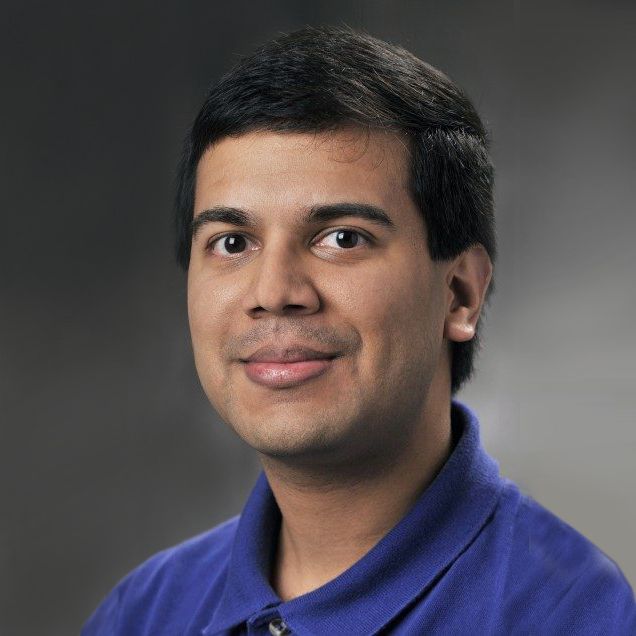Mayank Varia and Collaborators Win Best Paper at ACM CS&Law 2025
Legal-Tech Framework enables confidential reporting of private misconduct settlements
At the intersection of technology and justice, Boston University Professor Mayank Varia, with an interdisciplinary research team from Northwestern University, introduces a new, fully-integrated policy and technical approach to balance private settlement confidentiality with public oversight. Their work, honored with the Best Paper Award at the 2025 ACM Symposium on Computer Science and Law, offers a statutory-technological framework designed to securely report and monitor misconduct settlements.
For decades, scholars have debated whether legal disputes, especially those involving serious misconduct, should be resolved through public adjudication or private settlements. While settlements can offer speed, privacy, and certainty for individuals, they can also conceal harmful patterns of behavior and allow wrongdoers to avoid accountability. The #MeToo movement highlighted this danger, revealing how confidential settlements shielded repeat sexual predators from scrutiny.
In response, the team proposed a new solution: a cryptographically secure reporting system for misconduct settlements. Their award-winning paper, “Murmurs of the Silenced: Secure Reporting of Misconduct Settlements,” makes a significant contribution to both legal scholarship and computer science.

“Our goal was to create a system that preserves the privacy that individuals often seek in settlements, while still ensuring accountability when patterns of misconduct emerge,” said co-author Varia, Associate Professor in the Faculty of Computing & Data Sciences, Hariri Institute Core Faculty, and Co-director of the Center for Reliable Information Systems and Cyber Security (RISCS) at the Hariri Institute. “By using cryptographic tools like secure multi-party computation, we’re showing that privacy and oversight aren’t mutually exclusive. This framework opens the door to smarter, safer regulation without sacrificing individual autonomy.”
Multi-Party Computation (MPC) is a cryptographic method that allows data to be processed collectively without revealing individual inputs. This enables stakeholders to submit confidential settlement information to a central registry without compromising privacy. From there, the system can compute meaningful oversight statistics and flag parties who settle misconduct claims repeatedly, triggering confidential regulatory review.
The team’s approach differs from traditional reform efforts that call for banning NDAs outright. Instead, their framework offers a middle path – one that preserves parties’ autonomy to settle privately while equipping regulators with the information they need to identify systemic abuse. In doing so, it addresses long-standing concerns about the lack of transparency in settlement practices without undermining the benefits of privacy.
To test the practicality and scalability of their idea, the researchers built a functional prototype that processed hundreds of thousands of mock settlements using an open-source MPC software library. Importantly, it not only computed aggregate statistics useful to policymakers but also identified serial settling entities for potential investigation without ever revealing individual case details to unauthorized parties.
By demonstrating how cryptographic tools can support legal innovation, the project invites broader adoption of secure, transparent technologies in domains such as environmental regulation, employment law, and consumer protection. Moreover, it charts a path forward for rethinking how society resolves disputes, one that respects individual dignity while preventing systemic harm.
This paper was supported by two grants managed through Hariri Institute, including
NSF Grant 1915763 and the DARPA Optimized Relations Auditing for Compliance with Laws and Ethical Statements (ORACLES) Award.
Paper Citation: Peter K. Chan, Alyson Carrel, Mayank Varia, and Xiao Wang. 2025. “Murmurs of the Silenced: Secure Reporting of Misconduct Settlements”. In Proceedings of the 2025 Symposium on Computer Science and Law (CSLAW ’25). Association for Computing Machinery, New York, NY, USA, 121–135. https://doi.org/10.1145/3709025.3712207
Image Credit: By Anastasiia/Adobe Stock
